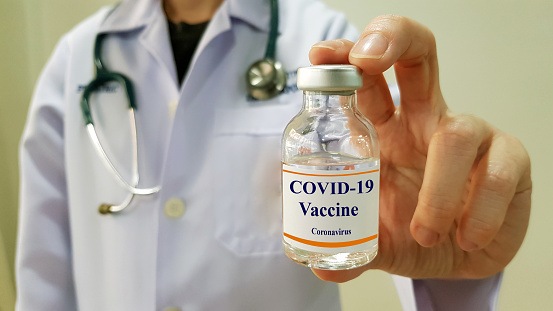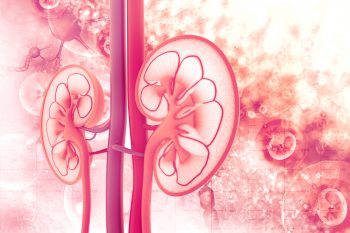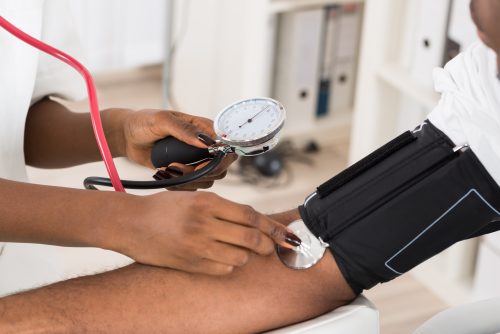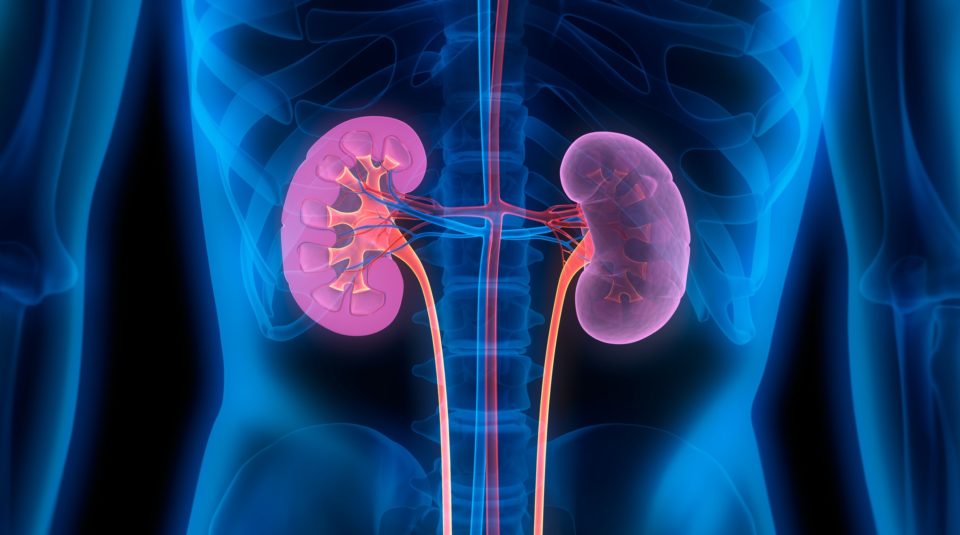
NKF Spring Clinical Meetings 2021
Recipients of kidney transplant are at high risk for complications related to COVID-19 infection. Perry Kerner and colleagues at SUNY Downstate Health Sciences University, Brooklyn, New York, conducted a telephone survey to assess attitudes toward receiving a COVID-19 vaccine in that patient population to aid in the development of education regarding the vaccine that can be targeted to that specific group. Results of the survey were reported during a virtual poster session at the NKF Spring Clinical Meetings 2021 in a poster titled Attitudes Towards Receipt of a COVID-19 Vaccine in a Population of Inner-City Kidney Transplant Recipients (KTx).
The survey was conducted in a random sample of 33 kidney transplant recipients. The patients were asked about their attitudes toward vaccines in general and whether they would receive a COVID-19 vaccine when available. The Multidimensional Health Locus of Control (MHLC) questionnaire was also administered. Analysis was conducted using the Pearson r model (unless otherwise noted).
Mean age of the sample was 57.9 years and mean time since transplant was 8.1 years. Of the 33 participants, 18 were men, 15 were women, 20 were Black, five were Hispanic, three were White, and three were mixed race or other. Three did not finish high school, 14 completed high school, six finished some college, seven completed college, and two completed graduate school.
When asked “Would you receive a COVID-19 vaccine if one were currently available?,” 21 respondents replied “no.” Twelve of the 21 patients cited safety as their primary reason for declining, compared with efficacy (two patients) or cost (one patient). There was a correlation between replying no and higher level of education (r=0.449, P=.010).
There was a correlation between replying yes and higher MHLC subscores of physicians (r=0.589, P<.001), powerful others (r=0.652, P<.0010), and other people (r=0.488, P=.005). Replying yes was also correlated with greater trust in information received about vaccines (r=0.389, P=.025). There were no statistically significant differences with respect to age, sex, or race.
In conclusion, the researchers said, “In our population: (1) The majority of kidney transplant patients would not agree to take a COVID-19 vaccine, citing safety as their main concern. (2) Patients who had completed higher education were less likely to agree to the vaccine. (3) Patients who had an external locus of control, including relying on doctors and other authority figures, and trusting information one receives about vaccines were more likely to agree to the vaccine, (4) Successful implementation of a COVID-19 vaccine program for our inner-city kidney transplant patients should take into account educational background and individual locus of control. (5) Understanding how to increase safety and alleviate patient concerns related to vaccine safety would be valuable next steps in terms of planning a COVID-19 vaccine program for this high-risk population.”
Source: Kerner P, Imas A, Udod G, et al. Attitudes towards receipt of a COVID-19 vaccine in a population of inner-city kidney transplant recipients (KTx). Abstract of a poster presented at the National Kidney Foundation virtual Spring Clinical Meetings 2021 (Abstract #216), April 9, 2021.






 © 2025 Mashup Media, LLC, a Formedics Property. All Rights Reserved.
© 2025 Mashup Media, LLC, a Formedics Property. All Rights Reserved.